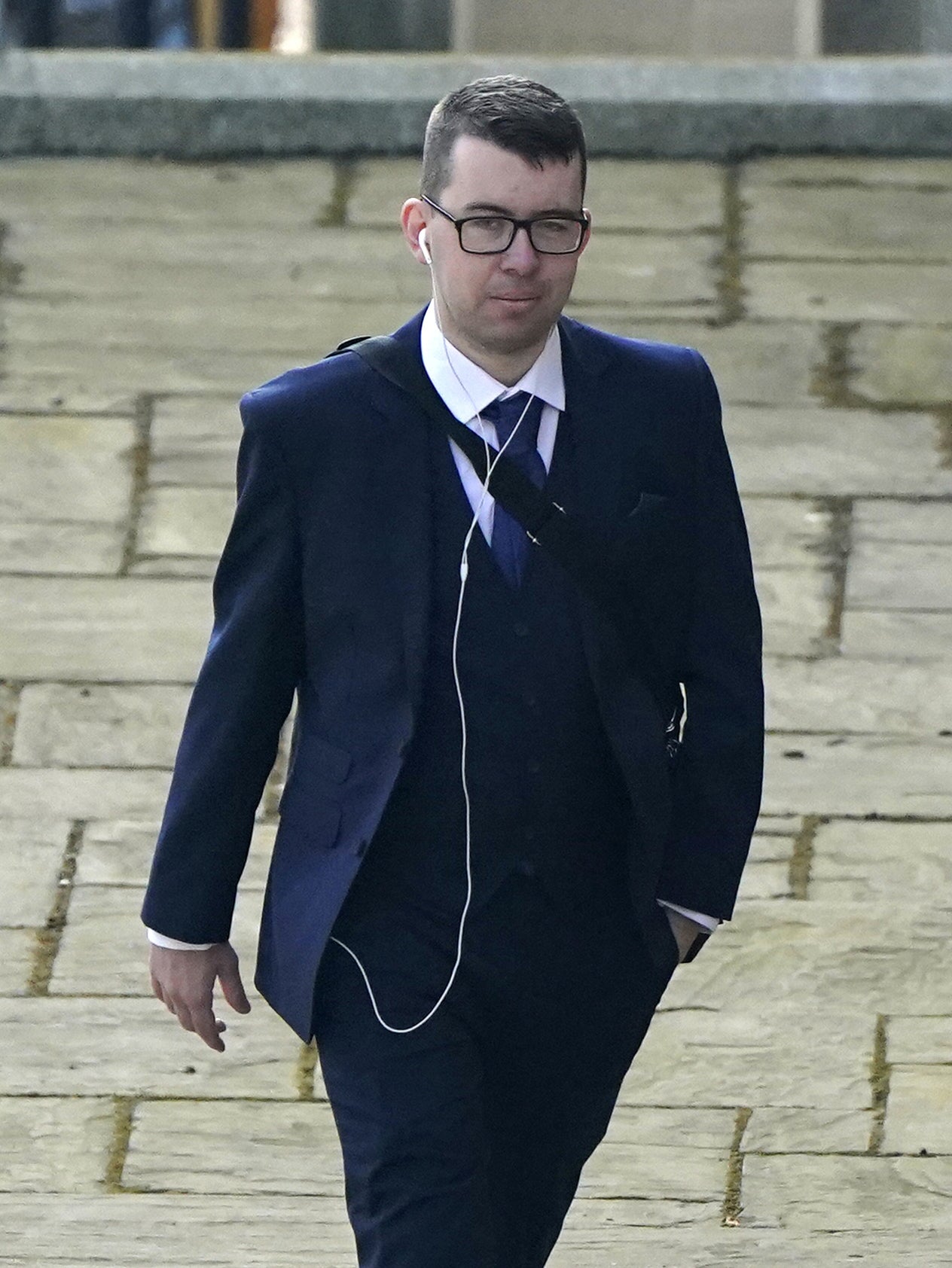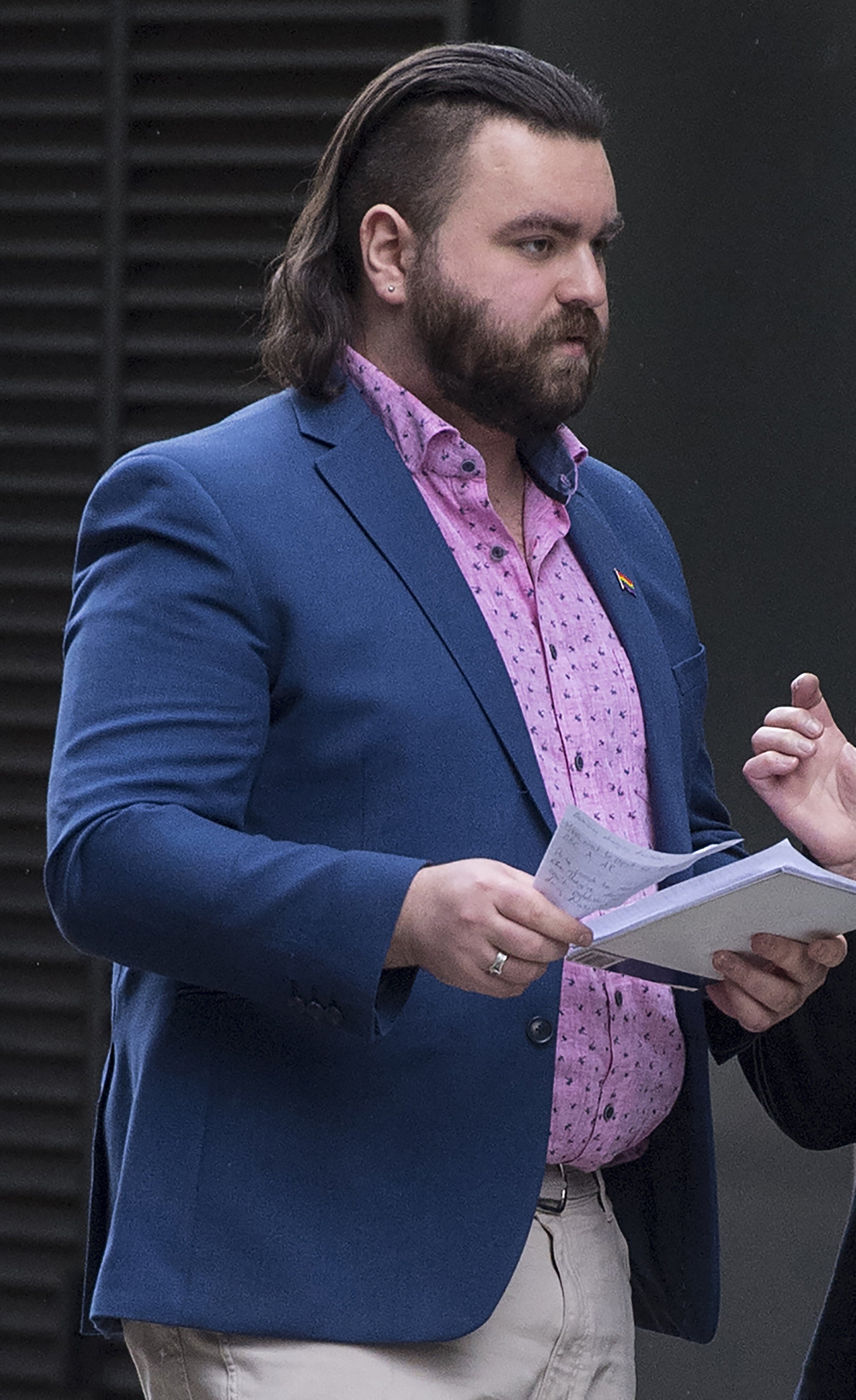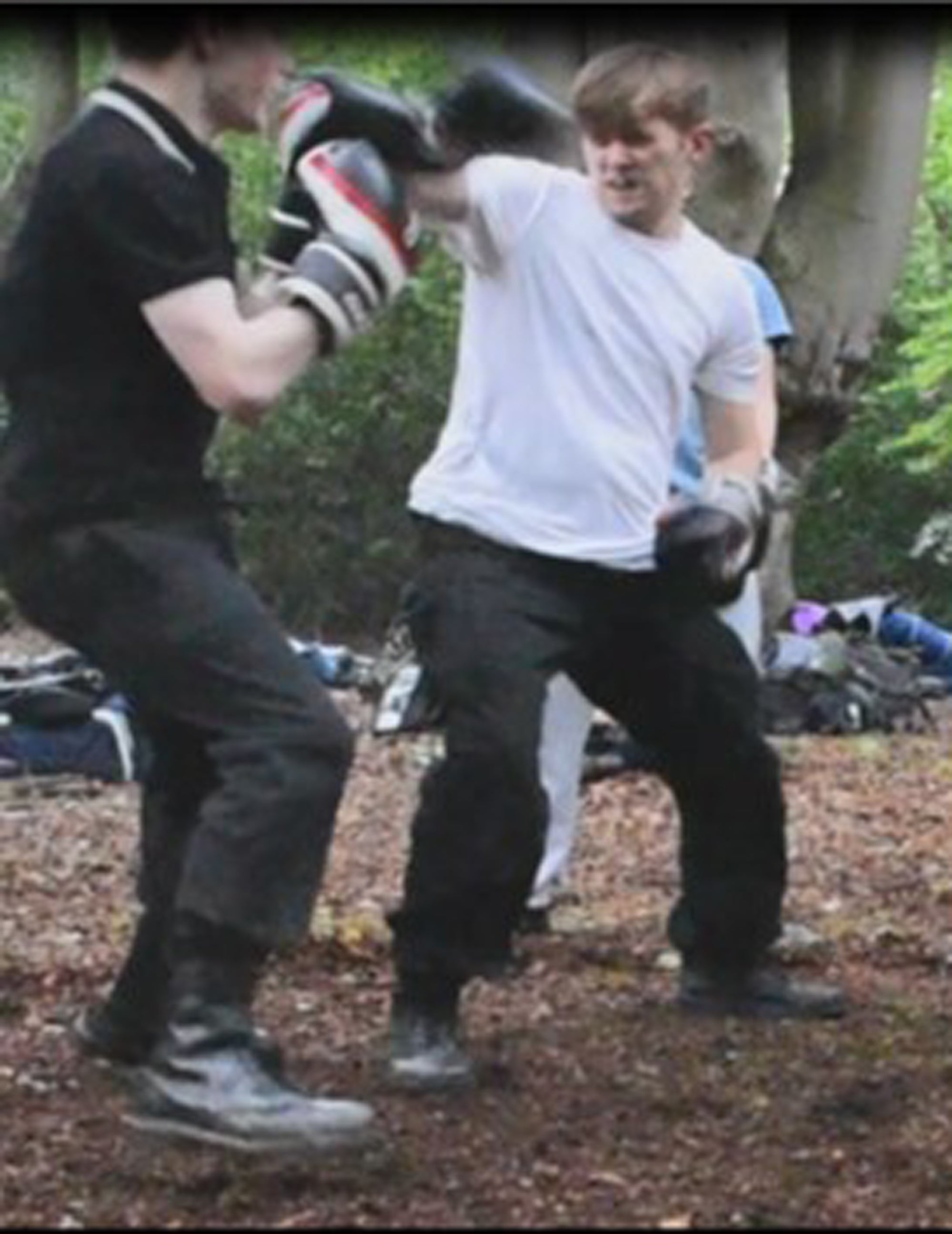
The threat from British neo-Nazis “remains high” with global extremist networks and links to paramilitaries abroad, the leading expert on the radical right has warned.
Professor Matthew Feldman said society should remain vigilant to “lone wolf” attacks despite the successful dismantling of National Action (NA), the first far-right organisation to be banned in the UK since the Second World War.
The warning came after NA founder Alex Davies became the 19th – and likely final – person to be convicted of membership of the neo-Nazi organisation after it was proscribed as a terrorist group for glorifying the murder of MP Jo Cox in 2016.
Dubbed the “biggest Nazi of the lot”, Davies, 27, from Swansea, South Wales, was jailed for eight-and-a-half years at the Old Bailey last week.
Prof Feldman gave evidence in Davies’ trial as well as 15 other similar successful prosecutions over the past four years in Bristol, Birmingham and London.

On the current danger from the extreme far right, he told PA news agency: “Their ability to achieve their aims by violence is virtually nil.
“But that doesn’t mean that the threat of neo-Nazism and fascist activism more generally has gone away.”
Following the murder of Ms Cox, the 2019 Christchurch mosque attacks in New Zealand, and the recent mass shooting in Buffalo in the US, the risk “remains high”, he said.
Founded in 2013 and banned just three years later, the ethos of NA was “Hitler worship, fascist revolution and ethnic cleansing of ethnic and religious minorities”.
At its height there were between 50 and 100 NA members from a variety of social backgrounds, but virtually all were “digital natives” under the age of 30 – a departure from earlier far-right groups.
NA forged links across continents, in the United States, Australia, Finland and Ukraine.
These connections encouraged the exchange of ideas and even provided for practical combat training, Prof Feldman said.
One leading NA member travelled to Finland to spread the global neo-Nazi message among the Nordic Resistance Movement, Prof Feldman said.
Another visited Ukraine in 2017 and was photographed with a far-right militant group known for fighting pro-Russian forces in the Donbas region.
Prof Feldman said: “After the group was proscribed, there’s clear evidence that a militant from National Action, who was later convicted of having been a member post-proscription, travelled to Ukraine to meet with the Azov Battalion.
“I know of one for certain but there may well have been more.”

He added: “It’s really important that people recognise things have changed since the illegal invasion of Ukraine by Russia.
“But, for a long time, the vanguard of defending Ukraine in Europe were people who had a very high percentage of extreme right, even neo-Nazi militants, and those people were coming from all over the world.
“Obviously, the concern is that people go over there and get radicalised, or that they come back with training and then become radicalised.
“And that clearly has to be a concern. But, to my knowledge, the numbers are relatively small, and we can only hope the appalling Russian invasion is stopped at some point soon.”
Prof Feldman stressed that the presence of any neo-Nazis within volunteer forces in Ukraine does not legitimise the Russian invasion.
After the ban, some NA members “went to ground”, or left political activism altogether.
Others joined new groups based around the NA model of being “led by young people for young people”, Prof Feldman said.
Among those who went on to form new groups on the NA model was university student Andrew Dymock, who founded Sonnenkrieg Division.
In 2018, he was arrested en route to the US and found to be carrying extremist material in his luggage.
Significantly, among his belongings were T-shirts bearing the logos of Ukrainian and American far-right militants.
Last year, Dymock, 25, the middle-class son of academics from Bath, Somerset, was jailed for seven years for a string of terror offences.

Convicted NA members have included British soldier and Afghanistan veteran, Finnish-born Mikko Vehvilainen, and former Metropolitan Police constable Ben Hannam, who lied about his extremist past in his application to join the force.
Vehvilainen, then 34, from Powys, Wales, was jailed for eight years in 2018 and kicked out of the Army.
Hannam, 23, from north London, was convicted of membership last year and jailed for four years and four months.
Prof Feldman said these cases were particularly serious because they slipped through vetting procedures.
“These people shouldn’t be serving the public. What you don’t want is people learning how to fight, or learning crowd control techniques, like in these professional roles.”
One of NA’s associates was convicted of making a working pipe bomb, while another, Jack Renshaw, 27, of Skelmersdale, Lancashire, later admitted plotting to kill MP Rosie Cooper with a machete.
He was jailed for life with a minimum of 20 years.
Prof Feldman praised police and the Crown Prosecution Service for moving quickly to shut down “internet-savvy neo-Nazis” soon after they emerged.
He said: “Part of the reason for that, I think, is that multicultural Britain finds overt fascism and neo-Nazism abhorrent. And that’s a good thing.”

The subsequent prosecutions have deterred formal membership groups, with fascist militants now more likely to make “loose affiliations” online or via encrypted chats, he suggested.
“All these groups emphasised lone wolf action so, even though the groups are gone, the threat remains.”
But Prof Feldman said: “I do think the story of National Action has now been concluded. Nobody is going to try to resurrect National Action.”
British people have shown they will not be cowed by terrorists and the ability of extremists to threaten the state is “virtually nil”.
He added: “I wouldn’t say that society should be concerned as a whole. Vigilant, yes. But worried? No.
“Should society be aware, should it be knowledgeable of the fact that these things have happened recently and could happen again?
“Yes. But I don’t think that giving in to fear is ever the answer.”







